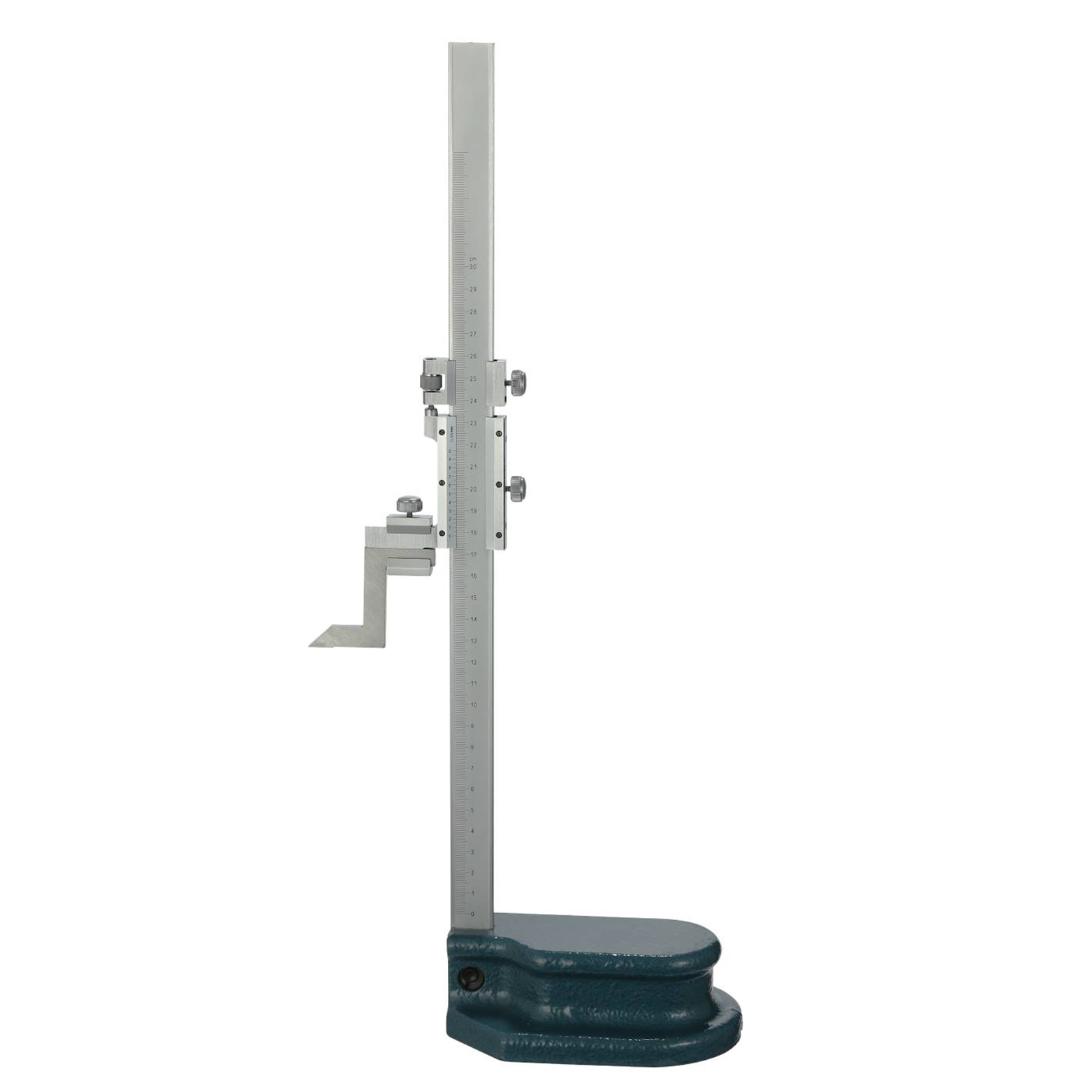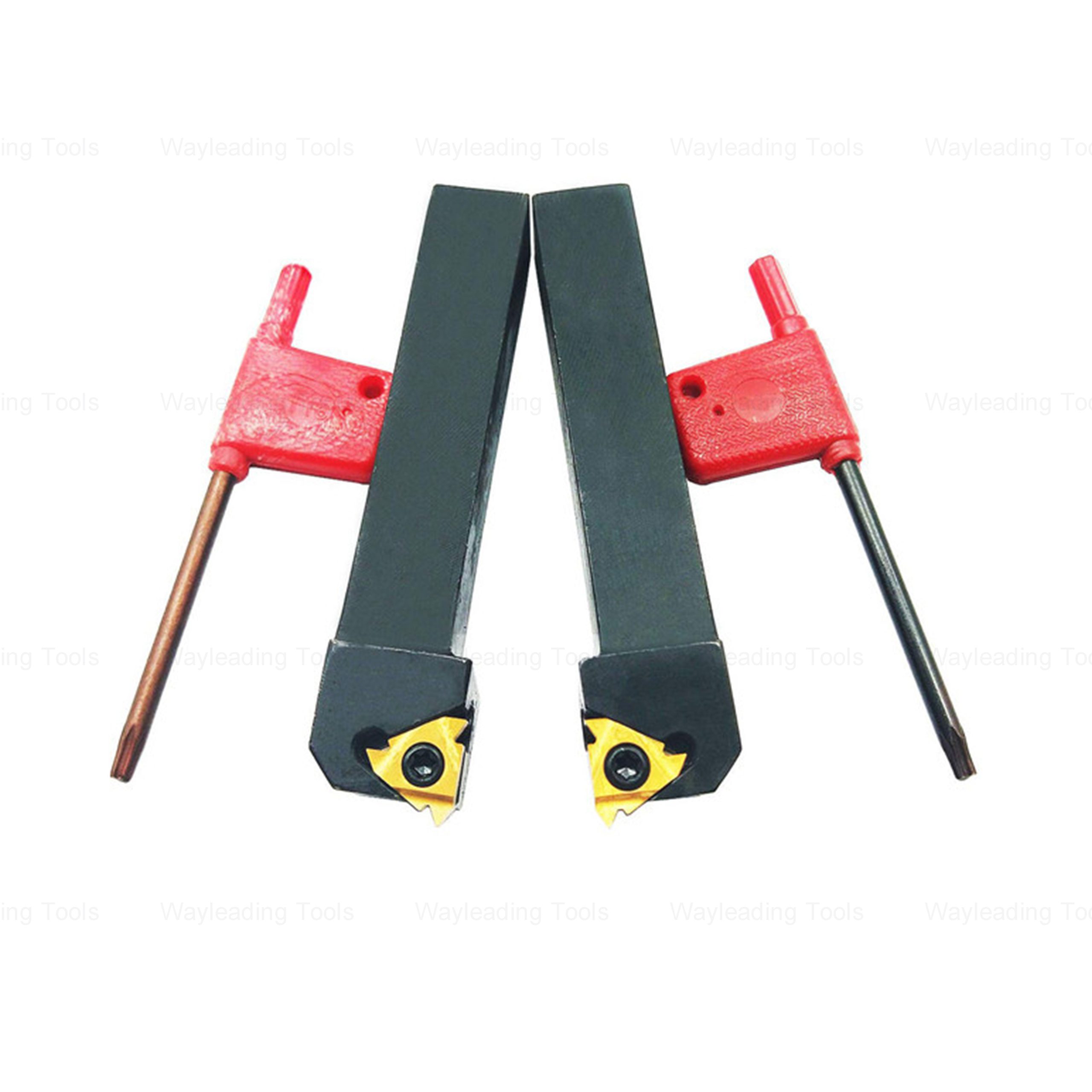hss lathe turning tools Manufacturer
High-Speed Steel (HSS) lathe turning tools are essential for efficient and precise metal cutting. This article explores the various types, applications, selection criteria, and maintenance tips, providing manufacturers and machinists with the knowledge needed to optimize their turning operations and choose the best tools for their needs.
Understanding HSS Lathe Turning Tools
Lathe turning tools made from High-Speed Steel (HSS) are known for their versatility and ability to maintain hardness at high temperatures. This makes them ideal for machining a wide range of materials, including steel, aluminum, and plastics. Wayleading Tools offers a comprehensive selection of these tools to meet diverse machining needs.
What is High-Speed Steel (HSS)?
HSS is a type of steel alloyed with elements like tungsten, molybdenum, chromium, and vanadium to enhance its hardness, toughness, and heat resistance. This allows HSS lathe turning tools to withstand the high temperatures generated during cutting operations without losing their edge.
Types of HSS Lathe Turning Tools
HSS lathe turning tools come in various shapes and sizes, each designed for specific turning operations. Here are some common types:
- Roughing Tools: Used for removing large amounts of material quickly.
- Finishing Tools: Used for achieving a smooth and precise surface finish.
- Threading Tools: Used for creating threads on cylindrical workpieces.
- Parting Tools: Used for cutting off a finished part from the stock material.
- Boring Tools: Used for enlarging or finishing existing holes.
- Form Tools: Used for creating complex shapes and contours.
Applications of HSS Lathe Turning Tools
HSS lathe turning tools are widely used in various industries, including:
- Automotive: Manufacturing engine components, gears, and shafts.
- Aerospace: Machining aircraft parts, such as landing gear and turbine blades.
- Manufacturing: Creating various components for machinery and equipment.
- Tool and Die Making: Producing molds and dies for plastic injection molding and metal casting.
Selecting the Right HSS Lathe Turning Tool
Choosing the right HSS lathe turning tool is crucial for achieving optimal machining results. Consider the following factors:
Material to be Machined
The type of material being machined will influence the choice of HSS grade. Some HSS grades are better suited for machining harder materials, while others are more effective for softer materials.
Turning Operation
The specific turning operation will determine the required tool shape and geometry. For example, a roughing operation requires a robust tool with a large cutting edge, while a finishing operation requires a tool with a fine cutting edge.
Lathe Machine Specifications
The lathe machine's power and rigidity will affect the size and type of HSS lathe turning tool that can be used. Ensure that the tool is compatible with the machine's capabilities.
Tool Geometry
The tool geometry, including the rake angle, clearance angle, and cutting edge angle, will affect the tool's cutting performance and chip formation. Select a tool geometry that is appropriate for the material being machined and the turning operation being performed.
Benefits of Choosing a Reputable HSS Lathe Turning Tools Manufacturer
Selecting a reliable hss lathe turning tools Manufacturer is essential for ensuring tool quality, performance, and longevity. Wayleading Tools (www.wayleading.com) is a trusted provider known for:
- High-Quality Materials: Using premium HSS grades for superior performance.
- Precise Manufacturing: Employing advanced manufacturing processes to ensure dimensional accuracy.
- Wide Selection: Offering a comprehensive range of lathe turning tools for various applications.
- Technical Support: Providing expert advice and support to help customers select the right tools.
Maintenance and Care of HSS Lathe Turning Tools
Proper maintenance and care will extend the life of your HSS lathe turning tools and ensure consistent performance. Follow these tips:
- Sharpening: Regularly sharpen the tools to maintain a sharp cutting edge.
- Cleaning: Clean the tools after each use to remove chips and debris.
- Storage: Store the tools in a dry and protected environment to prevent corrosion.
- Lubrication: Use appropriate cutting fluids to reduce friction and heat during machining.
Troubleshooting Common Issues
Even with proper care, you may encounter some common issues with HSS lathe turning tools. Here are some troubleshooting tips:
- Chatter: Reduce cutting speed, increase feed rate, or use a tool with a larger shank.
- Excessive Wear: Use a harder HSS grade, reduce cutting speed, or increase coolant flow.
- Poor Surface Finish: Use a finishing tool with a finer cutting edge, increase cutting speed, or reduce feed rate.
Case Studies
Here are a few examples of how HSS lathe turning tools are used in real-world applications:
Case Study 1: Automotive Component Manufacturing
A large automotive Manufacturer used Wayleading Tools' HSS lathe turning tools to machine engine components. By switching to our high-performance tools, they were able to increase their machining speed and reduce their cycle time by 15%.
Case Study 2: Aerospace Part Production
An aerospace company used Wayleading Tools' HSS lathe turning tools to produce precision aircraft parts. The tools' high accuracy and durability allowed them to meet the stringent quality requirements of the aerospace industry.
Conclusion
HSS lathe turning tools are indispensable for a wide range of machining operations. By understanding the different types, applications, selection criteria, and maintenance tips, manufacturers and machinists can optimize their turning operations and achieve superior results. Contact Wayleading Tools today to learn more about our high-quality HSS lathe turning tools and how they can benefit your business. If you're looking for a reliable hss lathe turning tools Manufacturer, Wayleading Tools is your best choice.
| HSS Grade | Typical Composition | Hardness (HRC) | Applications |
|---|---|---|---|
| M2 | W-Mo-Cr-V | 62-65 | General purpose, drills, taps, milling cutters |
| M42 | W-Mo-Cr-V-Co | 68-70 | High-strength alloys, stainless steel |
| T1 | W-Cr-V | 62-64 | Taps, reamers, form tools |
*Data from: ASM Handbook, Volume 1: Properties and Selection: Irons, Steels, and High-Performance Alloys.
Related products
Related products
Best selling products
Best selling products-
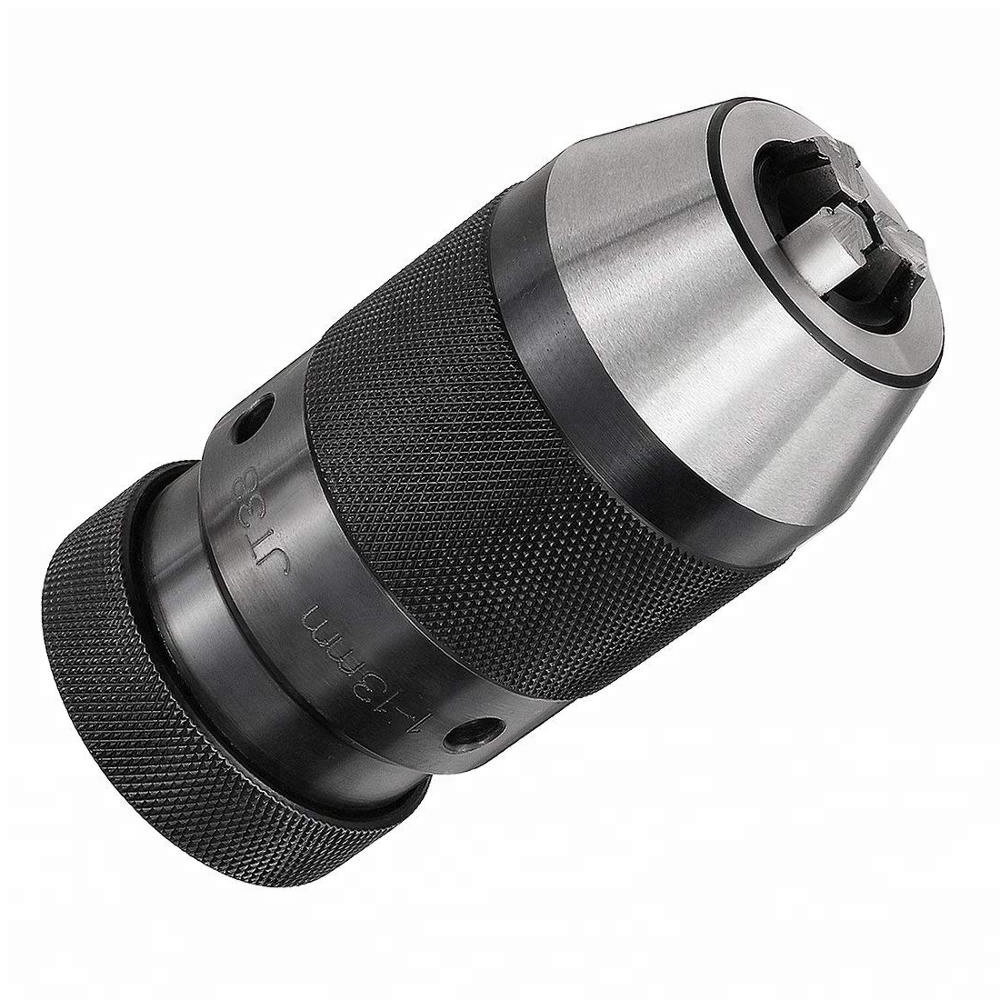 Keyless Drill Chuck With Heavy Duty Type
Keyless Drill Chuck With Heavy Duty Type -
 HSS Inch Convex Milling Cutter For Industrial
HSS Inch Convex Milling Cutter For Industrial -
 Type E Oval Tungsten Carbide Rotary Burr
Type E Oval Tungsten Carbide Rotary Burr -
 Precision Outside Micrometer Set With digit Counter Of Inch & Metric With Rachet Stop
Precision Outside Micrometer Set With digit Counter Of Inch & Metric With Rachet Stop -
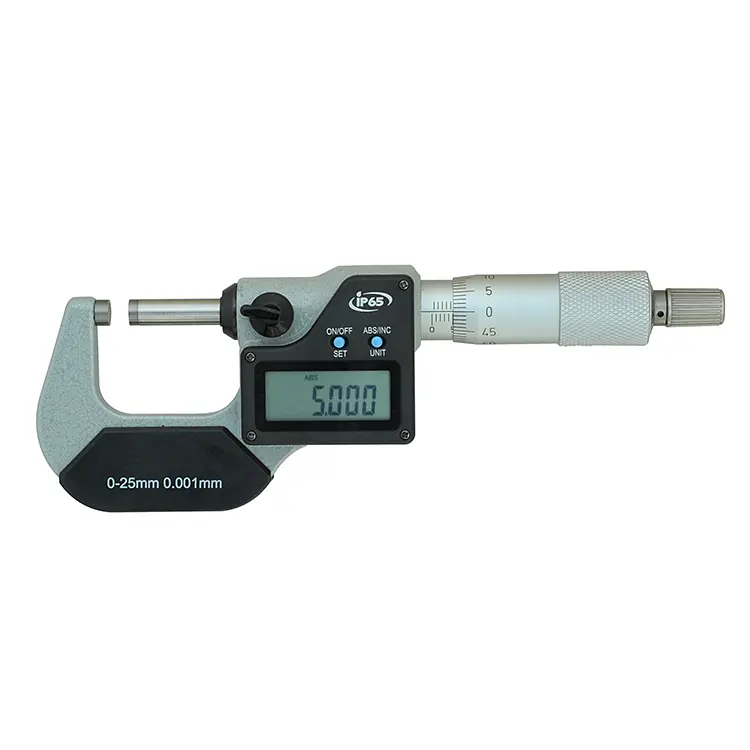 Precision IP65 Digital Outside Micrometer Of Inch & Metric With Data Output
Precision IP65 Digital Outside Micrometer Of Inch & Metric With Data Output -
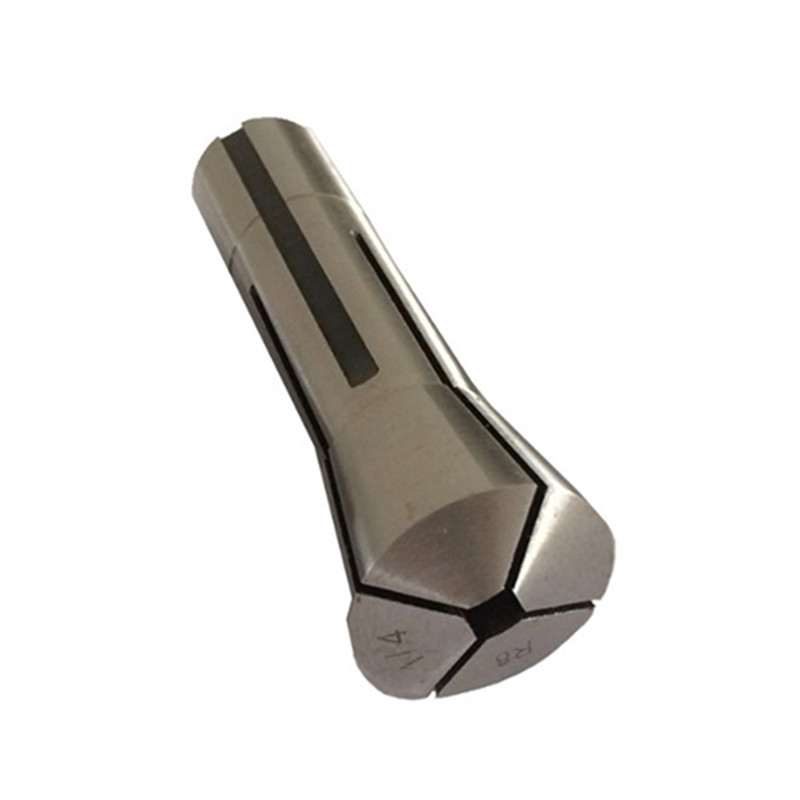 R8 Square Collet With Inch and Metric Size
R8 Square Collet With Inch and Metric Size -
 5C Square Collet With Inch and Metric Size
5C Square Collet With Inch and Metric Size -
 Metric HSS 13mm Reduce Shank Drill Bit For Metal Cutting Of High Precision
Metric HSS 13mm Reduce Shank Drill Bit For Metal Cutting Of High Precision -
 Precision Dial Indicator Gage For Industrial With Jeweled
Precision Dial Indicator Gage For Industrial With Jeweled -
 Stub Milling Machine Arbor With NT, R8 and MT Shank
Stub Milling Machine Arbor With NT, R8 and MT Shank -
 Inch HSS 1/2″ Reduce Shank Drill Bit For Metal Cutting Of High Precision
Inch HSS 1/2″ Reduce Shank Drill Bit For Metal Cutting Of High Precision -
 Precision Digital Caliper Of With Metric & Inch Size For Industrial
Precision Digital Caliper Of With Metric & Inch Size For Industrial
Related search
Related search- Wholesale left hand drill bits
- 2pcs grooving tool sets Manufacturers
- Wholesale british standard taper pipe full profile threading insert
- american UN full profile threading insert Supplier
- Caliper Factory
- ball nose end mill Supplier
- 5pcs/set long series center drills Suppliers
- Wholesale N55 threading insert
- 3pcs little hogger end mills Manufacturer
- quick change tool holder Supplier


